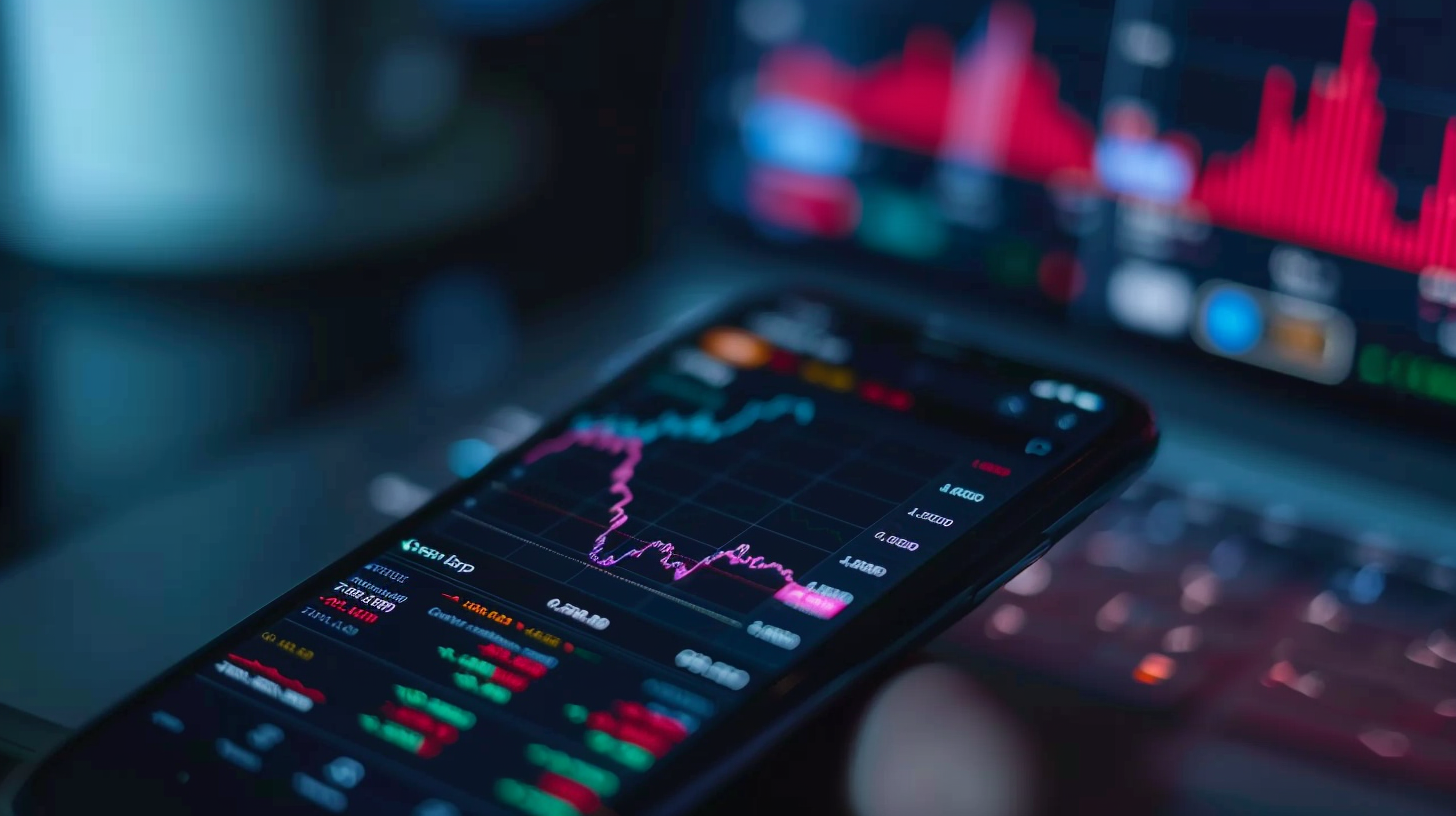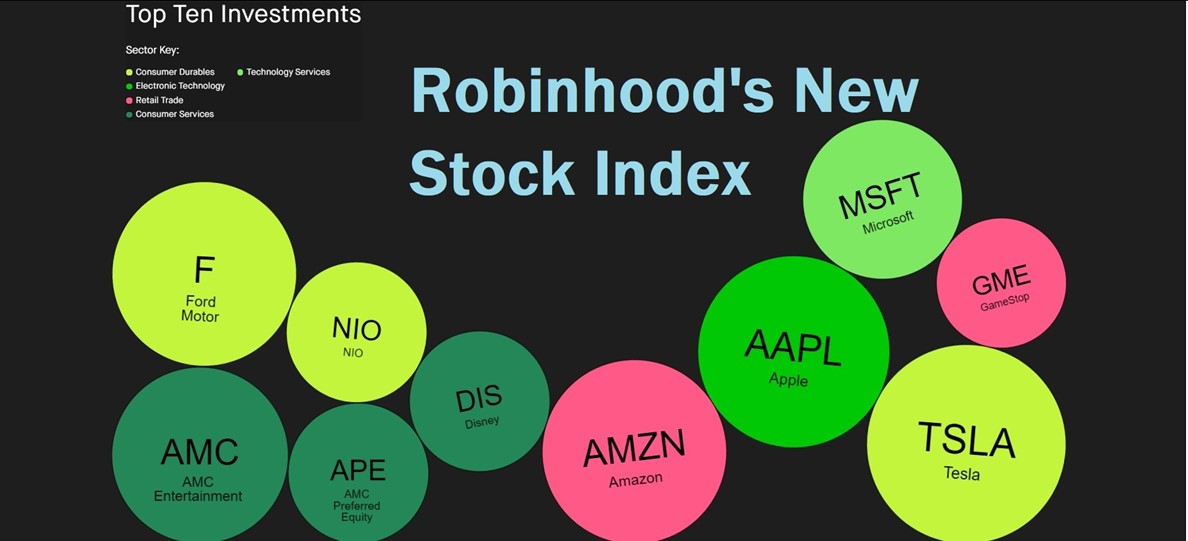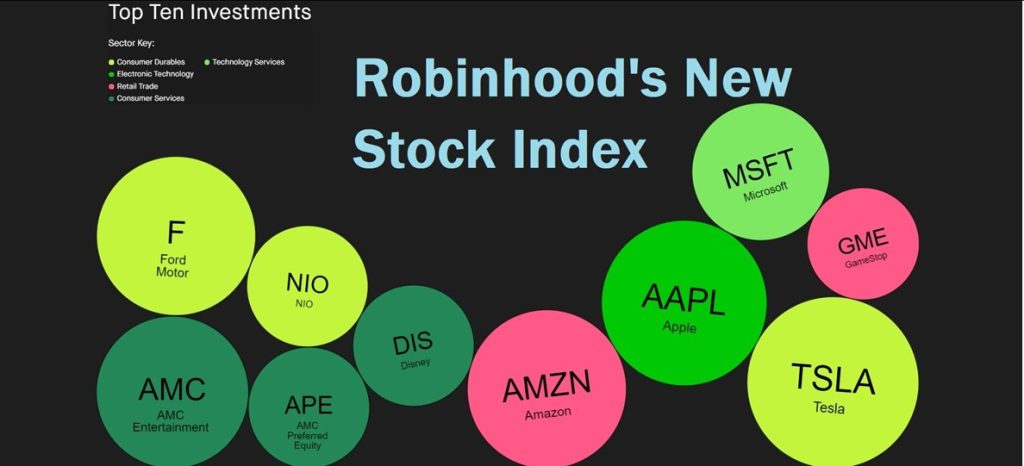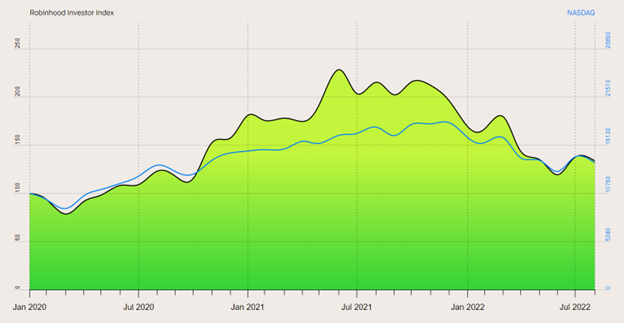Robinhood Markets is making its biggest bet yet on the booming crypto market. The popular trading platform announced a deal to acquire Bitstamp, one of the world’s oldest and largest cryptocurrency exchanges, for approximately $200 million in cash.
The blockbuster transaction represents Robinhood’s largest acquisition to date and a major escalation of its push into the digital assets space. By bringing Bitstamp’s established crypto exchange capabilities in-house, Robinhood is positioning itself to become a fierce competitor to industry giants like Binance and Coinbase.
Founded in 2011, Bitstamp has emerged as a leading crypto exchange particularly popular among European and Asian traders. Its core spot trading platform offers a deep pool of liquidity with over 85 digital assets available for trading. Critically, Bitstamp also holds around 50 operational licenses and registrations across the globe.
For the fast-growing Robinhood Crypto division, acquiring Bitstamp provides an immediate expansion of its product lineup and geographic reach. The deal comes as Robinhood’s crypto business is already experiencing explosive growth. In the first quarter of 2024, crypto revenues drove a massive earnings beat, underscoring the intense customer demand. However, the company is also facing headwinds from U.S. regulators.
Just last month, Robinhood disclosed that it received a Wells Notice from the Securities and Exchange Commission regarding its crypto trading practices. The SEC has staked out an aggressive position that many digital assets should be classified and registered as securities. In contrast, Robinhood and other major crypto firms have pushed back against what they view as regulatory overreach by the SEC into the crypto markets. Despite the legal turbulence, Robinhood intends to keep communicating with regulators as it moves forward with the integration of Bitstamp.
Analysts view Robinhood’s big crypto bet as ultimately positioning the company for further growth. The Bitstamp deal supercharges its global crypto capabilities at a time when adoption of bitcoin, ether and other digital assets is rapidly accelerating worldwide. An analyst stated the acquisition fits squarely with Robinhood’s crypto-first strategy and could be a game-changer, immediately making them a major player worldwide. The analyst reiterated a Buy rating and $15 price target on the stock.
Indeed, Robinhood’s shares spiked over 3% in pre-market trading as investors cheered the transformative deal. The stock has already surged 69% so far this year amid the company’s renewed focus on profitable growth after cost-cutting measures.
While the $200 million price tag is just a drop in the bucket for Robinhood’s over $6 billion war chest of cash reserves, the acquisition symbolizes its all-in embrace of crypto. By combining Bitstamp’s battle-tested exchange with its own fast-growing retail crypto platform, Robinhood is positioning itself for a major shake-up of crypto trading.
The deal is expected to close in the first half of 2025, pending any additional regulatory hurdles. But one thing is clear – Robinhood has gone full-crypto, and its fight for dominance in this rapidly evolving space is only just beginning.




